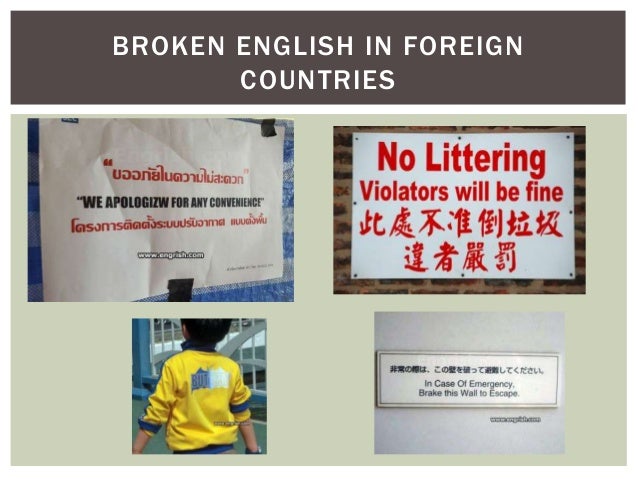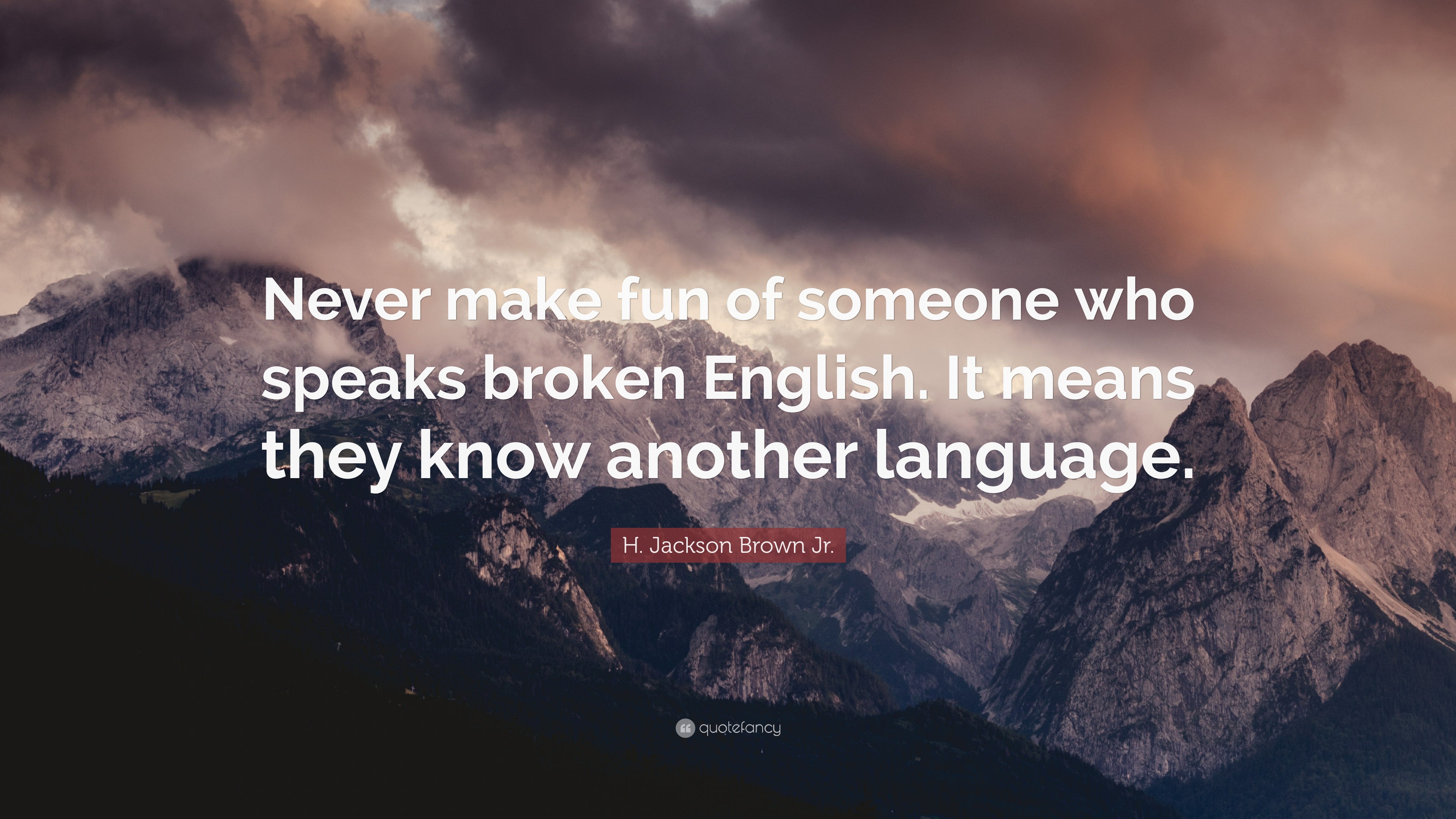

To investigate changes in attitudes among ‘Inner Circle’ English speakers, we conceptually replicated Lindemann’s (2005) survey of Millennial US undergraduates’ attitudes toward global English varieties with a sample of Generation Z undergraduates (n = 216). A model of these overlapping categories and implications for addressing linguistic prejudice are suggested.Īs the global importance of English and its proportion of non-native speakers have continued to grow, research on Global Englishes has prioritized non-native speakers’ changing attitudes toward non-native varieties. Respondents had competing frameworks for classifying Indian and German English. Salient subgroups were: negatively evaluated “Chinese” English, somewhat negatively evaluated “Mexican” English, and “harsh” and “guttural” Russian English. Evaluation was often central to description, with a category of stigmatized, often “broken”, English used for all non-native speakers except perhaps (Western) Europeans.

Familiarity and socio-political relationships with countries of origin appeared to play a role in responses.

Here 79 US undergraduates labeled maps with descriptions of English spoken by international students, and 208 rated the English of students from 58 countries. A close look at one group's belief system provides insights that can be used in addressing linguistic discrimination, with information on how varieties and features of varieties are perceived. This study attempts to discover how native US English speakers construct social categories for people outside the US.


 0 kommentar(er)
0 kommentar(er)
